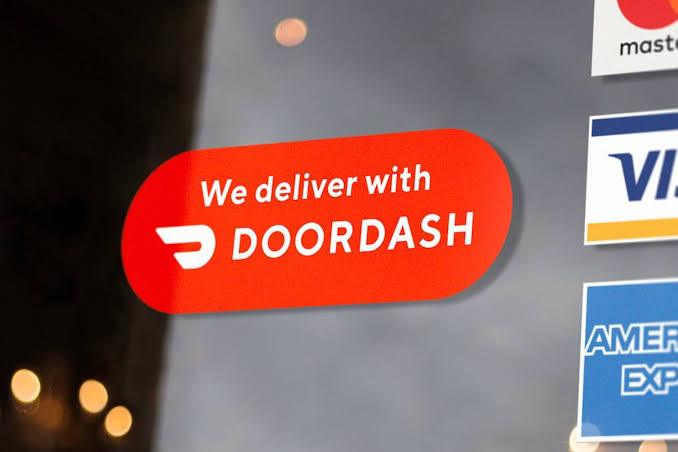
In the gig economy, where food delivery services have become a vital part of modern life, problems about worker classification and employment relationships have come to the forefront.
One of the organizations under review in this area is DoorDash, a famous platform linking hungry clients with their favorite restaurants. In this article, we’ll look into the question: Are DoorDash drivers independent contractors?
We’ll discuss specific facts about it, the controversy surrounding it, and the tax considerations for these self-employed drivers.
Are DoorDash Drivers Independent Contractors?
Yes, delivering for DoorDash is considered self-employment. When you sign up to become a dasher, you are essentially taking on the job of an independent contractor. This means that you work for yourself and supply services to DoorDash as a separate company organization.
As a dasher, you have the ability to organize your work hours, choose the mode of transportation, and make other decisions pertaining to your deliveries.
However, the designation of DoorDash drivers as independent contractors has been the subject of dispute. Some believe that these drivers should be regarded as workers due to the extent of control DoorDash maintains over their work and their reliance on the platform for their revenue. In late 2022, the Department of Labor proposed a new rule to analyze the employment connection, which could potentially influence how DoorDash drivers are classified.
Tax Implications for DoorDash Drivers
One of the perks of being classed as an independent contractor is the possibility to claim numerous tax deductions. Here are some crucial factors for DoorDash drivers:
- Phone and Service Expenses: As a Dasher, your smartphone and related expenses can be tax deductible. This includes phone accessories that are important for your delivery job, such as car carriers and chargers.
- Health Insurance: If you’re self-employed and meet certain standards, you can deduct your health insurance premiums. If you receive a government subsidy for your health insurance, just the amount you pay out of pocket is deductible.
- Miles Deduction: DoorDash drivers can deduct non-commuting business miles. This comprises travels to pick up deliveries, travel between deliveries, and the return trip home.
- Other Deductible expenditures: Tolls, parking fees connected to employment, car inspections, and roadside assistance fees can all be deducted as business expenditures.
Reporting Income and Expenses
DoorDash will supply you with a 1099-NEC form to record your income from their platform. This form is normally received before January 31 of each year. You’ll need to disclose this revenue and any deductible expenses when submitting your taxes.
Differences Between Independent Contractors and Employees
It’s crucial to grasp the distinction between independent contractors and employees. Independent contractors have more power over how they conduct their work and are liable for their own taxes and expenses. Employees, on the other hand, enjoy certain perks and protections that independent contractors don’t have.
Maximizing tax deductions
To ensure you’re taking full advantage of potential tax deductions, keep detailed records of your expenses linked to your DoorDash delivery. Tools like the free Stride app can help you track your income and expenses, making tax filing simpler.

Leave a Reply